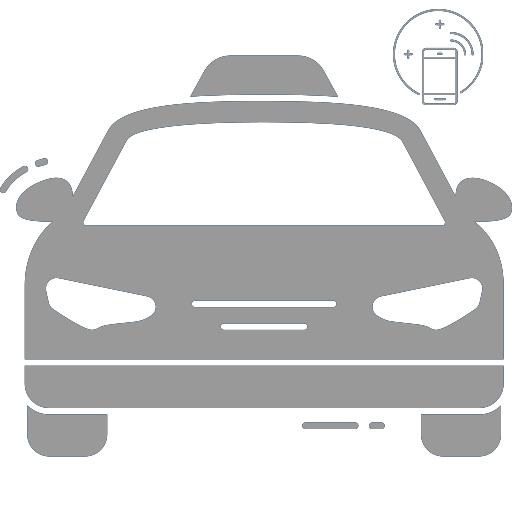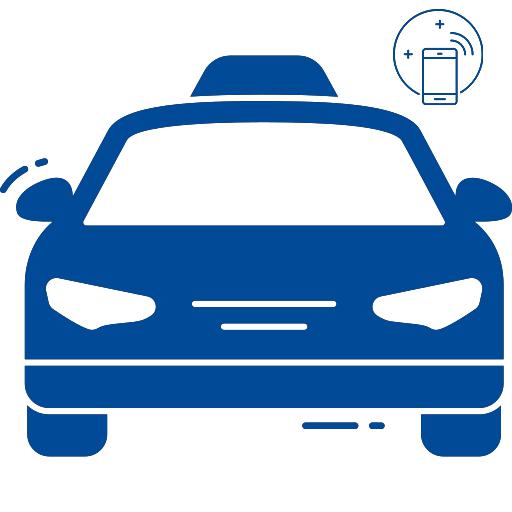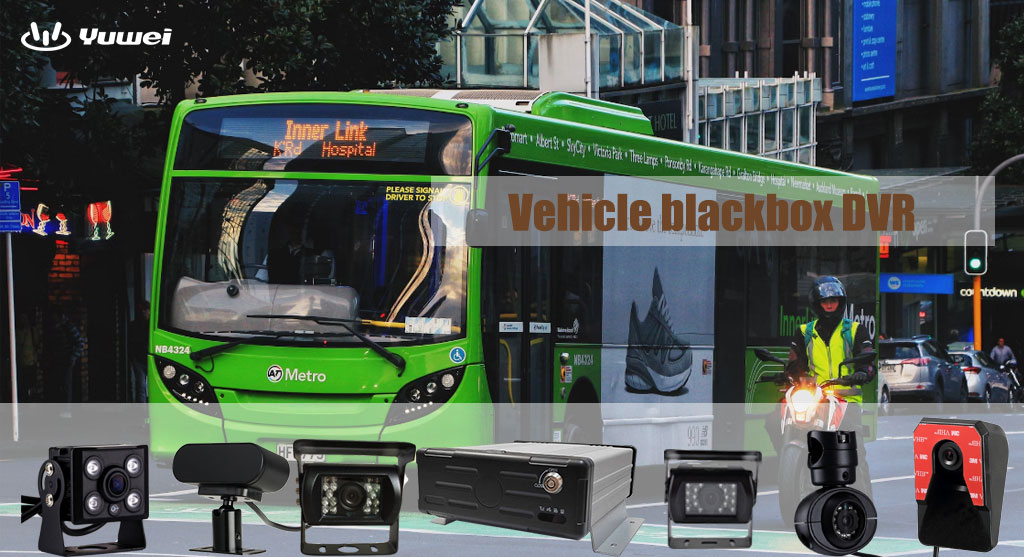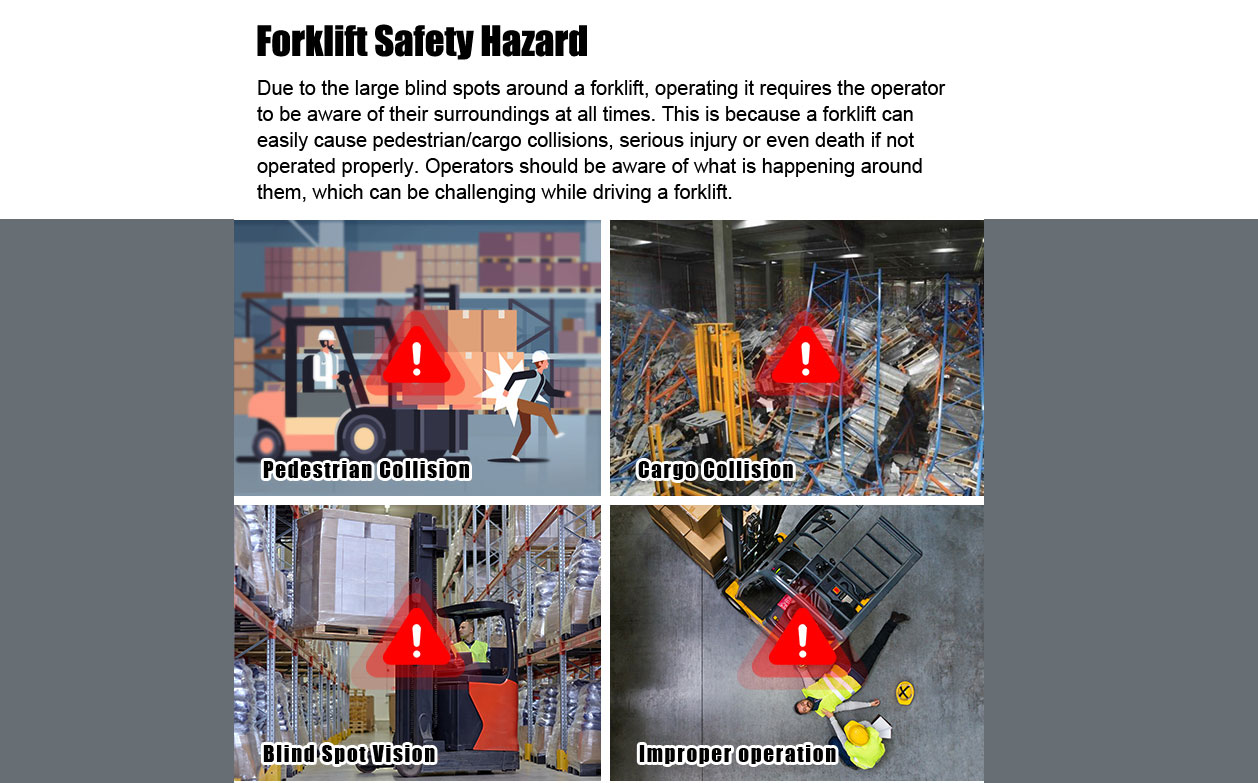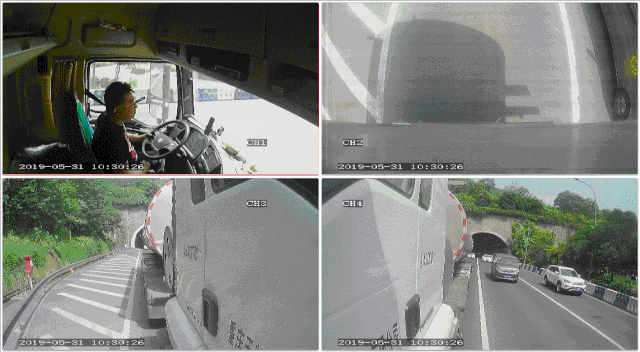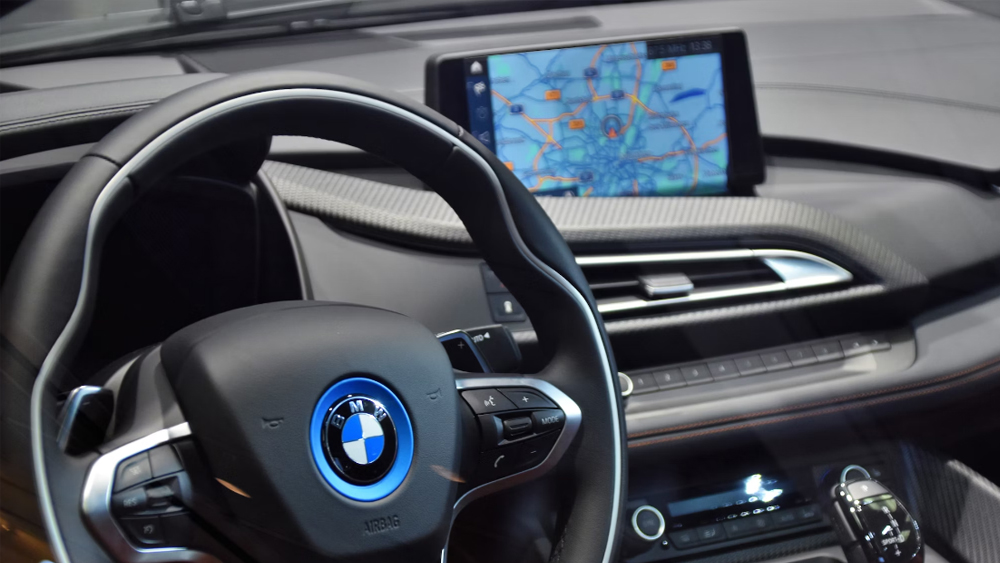Why fleets need AI dash cams with ADAS cameras?
Why fleets need AI dash cams with ADAS cameras?
Fleets require AI dash cams equipped with ADAS (Advanced Driver Assistance Systems) cameras for the following reasons:
1. Enhanced driver safety: ADAS cameras can continuously monitor the road and traffic conditions around the vehicle. By identifying and alerting potential hazards, they help drivers take timely actions to avoid accidents and improve overall driving safety.
2. Accident and loss reduction: ADAS cameras can monitor driving behaviors such as speeding, improper lane changes, harsh acceleration, and harsh braking. By issuing alerts and recording these behaviors, they make drivers aware of their actions, thereby reducing accidents and losses.
3. Lower insurance costs: By installing AI dash cams with ADAS cameras, fleets can provide detailed driving behavior data and accident records. This information is valuable for insurance companies. Fleets can utilize this data to demonstrate drivers' safe driving records, leading to lower insurance premiums.
4. Improved fleet management efficiency: AI dash cams can record vehicle trajectories, speed, fuel consumption, and other information. This helps fleet managers monitor vehicle status and driver behavior in real-time. It aids in optimizing vehicle dispatch, improving transportation efficiency, and promptly identifying and addressing potential management issues.
5. Protecting fleet interests: AI dash cams with video surveillance capabilities can record the surroundings of the vehicle, preventing theft or damage to cargo and safeguarding fleet interests.
In summary, AI dash cams with ADAS cameras provide comprehensive monitoring and recording of driving behaviors, enhancing driver safety, reducing accidents and losses, lowering insurance costs, improving fleet management efficiency, and protecting fleet interests. They are valuable and essential equipment for fleets.
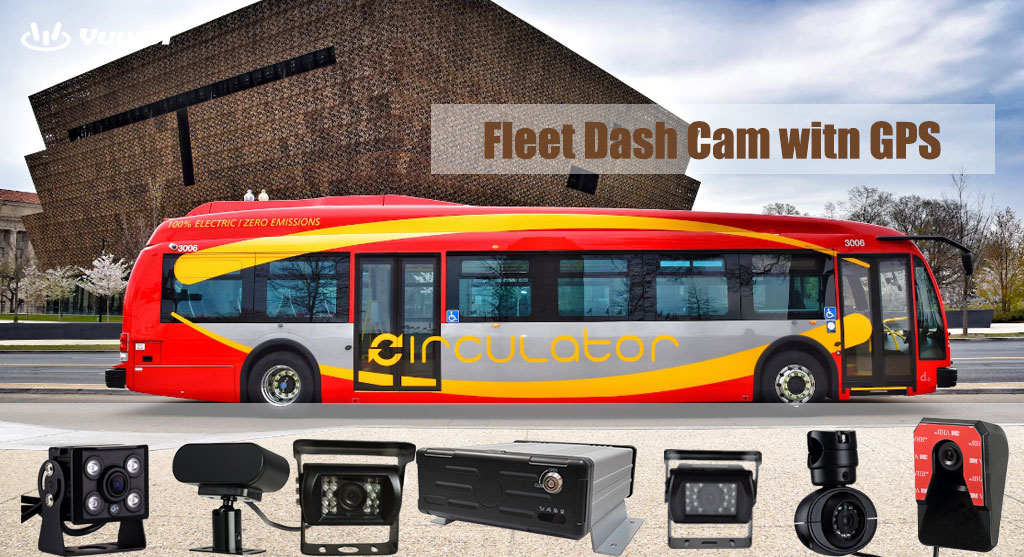
What is a ADAS camera system?
ADAS (Advanced Driver Assistance Systems) is an active safety technology that utilizes AI algorithms for intelligent image analysis. It uses various sensors installed in vehicles to collect environmental data inside and outside the vehicle in real-time. Through technical processes such as static and dynamic object recognition, detection, and tracking, it enables drivers to quickly perceive potential dangers and prevent traffic accidents.
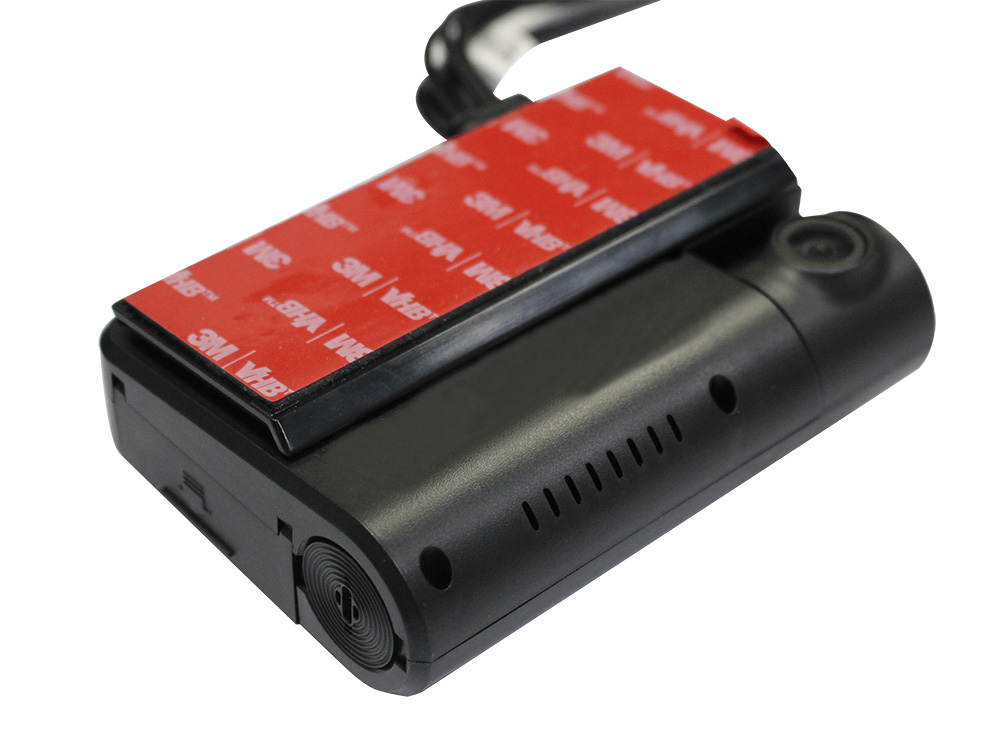
4 Channel Dash Cam
Yuwei V5 Dashcam is a feature-rich 4-channel dash camera, designed specifically for fleet video monitoring and tracking management.
ADAS system functions include:
1. Forward Collision Warning (FCW): The FCW system detects potential collision risks by sensing and calculating the relative distance and relative velocity between the vehicle and the preceding vehicle during high-speed driving. It immediately issues warnings to alert the driver.
2. Headway Monitoring Warning (HMW): The HMW system monitors the real-time distance and absolute speed between the vehicle and the preceding vehicle during driving. When the displayed headway time in seconds is less than the set warning time, it immediately issues a warning to remind the driver to maintain a safe following distance and avoid rear-end collisions.
3. Urban Forward Collision Warning (UFCW): The UFCW system operates at low speeds (generally between 0-30 km/h) and calculates the real-time distance and speed between the vehicle and the preceding vehicle to predict the possibility of low-speed collisions. It issues timely warnings to alert the driver.
4. Lane Departure Warning (LDW): The LDW system uses ADAS algorithms to perceive road environment information ahead, detect lane departure behavior, and provide timely reminders to the driver. It issues warnings when the vehicle unintentionally deviates from the original lane (without using the turn signal), preventing potential accidents caused by lane departure.
5. Pedestrian Collision Warning (PCW): The PCW system detects pedestrians, cyclists, and other targets in front of the vehicle, selects key pedestrian targets, and makes comprehensive decisions based on vehicle speed and target distance information. It issues warning messages to the driver to prevent pedestrian collision accidents.
What is DSM Monitoring System?
The Driver Status Monitoring (DSM) system utilizes images captured by DSM cameras to detect and monitor the driving behavior and physiological state of the driver through techniques such as visual tracking, object detection, and action recognition. It is designed to alert the driver within a set time frame when they exhibit dangerous behaviors such as fatigue, distraction, phone usage, or smoking, in order to prevent accidents. The DSM system effectively regulates driver behavior and significantly reduces the likelihood of traffic accidents.
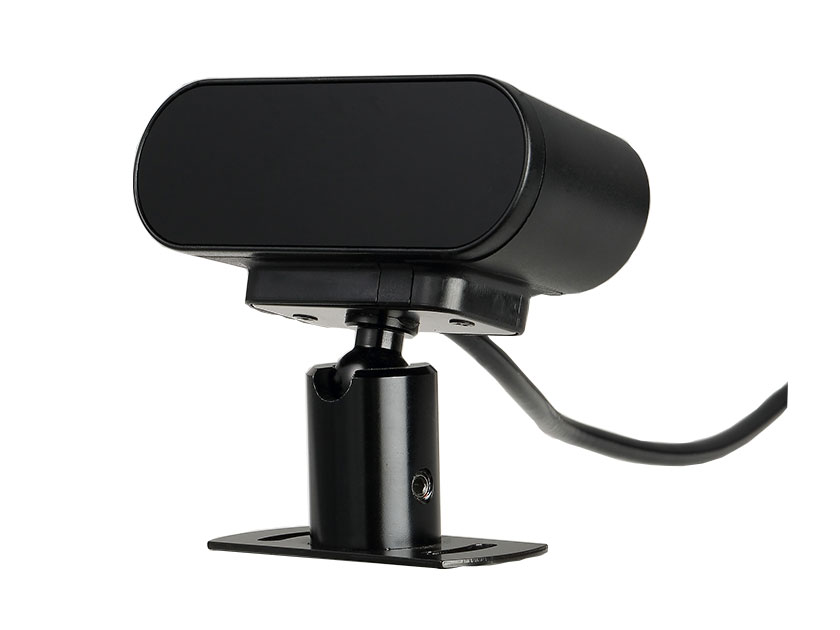
DSM Camera 720p Y7
DSM Camera Y7 is an AI device developed by Yuwei based on image recognition technology. Equipped with its independently-developed advanced image intelligent processing core algorithm
Functionalities of the DSM system
1. Fatigue Driving Detection:
By analyzing the driver's physiological fatigue characteristics (such as yawning, closing eyes, etc.), the system promptly issues fatigue driving warnings. The high-precision algorithm can even monitor the driver's fatigue state in real-time regardless of factors such as time of day, lighting conditions, or whether sunglasses are worn. When the driver exhibits signs of physical fatigue, immediate warning alerts are issued to awaken the driver and prevent serious accidents.
2. Smoking Detection:
When the driver engages in smoking while driving, the DSM system accurately and promptly detects the smoking behavior and provides timely warnings to remind the driver, thus avoiding safety accidents caused by smoking during the driving process.
3. Phone Usage Detection:
When the driver engages in phone calls while driving, the DSM system accurately and promptly detects the phone usage behavior and provides timely warnings to remind the driver, thus avoiding safety accidents caused by phone usage during the driving process.
4. Distraction Driving Detection:
When the driver diverts their gaze from the road during the driving process (including prolonged periods of looking around without using turn signals, looking down at a mobile phone, etc.), the DSM system accurately and promptly detects the distracted driving behavior and provides timely warnings to remind the driver, thus avoiding safety accidents caused by driver inattention during the driving process.
5. Abnormal State Monitoring:
When the driver experiences situations such as driver substitution, leaving the normal driving position, or obstructing or damaging the DSM camera, the DSM system accurately and promptly detects the abnormal behavior of the driver and provides timely warnings to remind the driver to maintain safe driving practices.



















